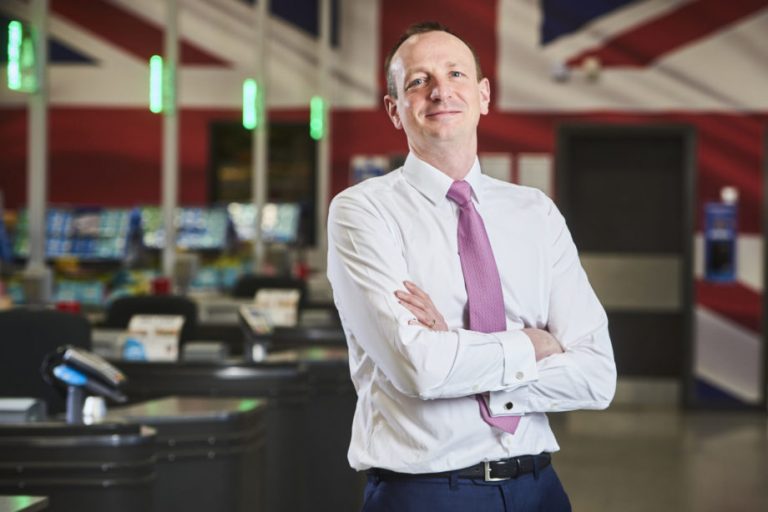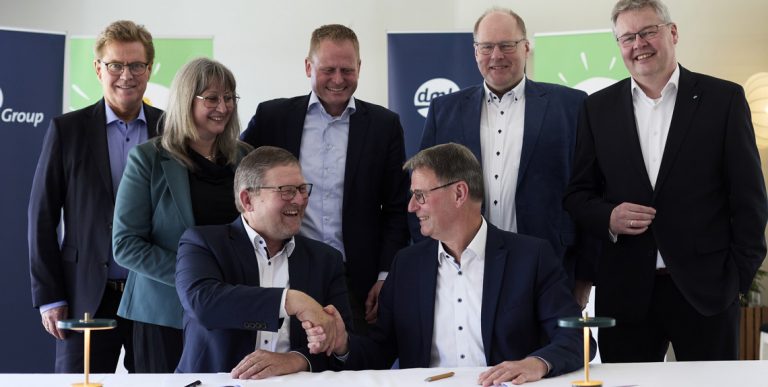The UK Government has approved the £200 million Viking onshore pipeline, enabling the development of carbon capture and storage (CCS) infrastructure on the Lincolnshire coast.
The project will see a 55-kilometre underground pipeline built from Immingham to the Theddlethorpe Gas Terminal. Captured CO₂ will then be transferred offshore to the Viking gas fields in the North Sea for long-term storage.
Led by Harbour Energy and supported by BP, the Viking CCS Pipeline is part of a broader decarbonisation strategy projected to attract up to £7 billion in investment across the Humber region by 2035. The initiative is expected to support 10,000 construction jobs and deliver £4 billion in economic value by 2030.
The pipeline’s design includes operational infrastructure such as valves, inspection and venting systems, handling facilities, and temporary construction sites.
After a six-month review by the Planning Inspectorate, which involved input from stakeholders and local authorities, the project received final consent from the Secretary of State for Energy Security and Net Zero.
The Viking fields have the potential to store up to 300 million tonnes of CO₂, with infrastructure designed to handle up to 10 million tonnes annually by the end of the decade.





















